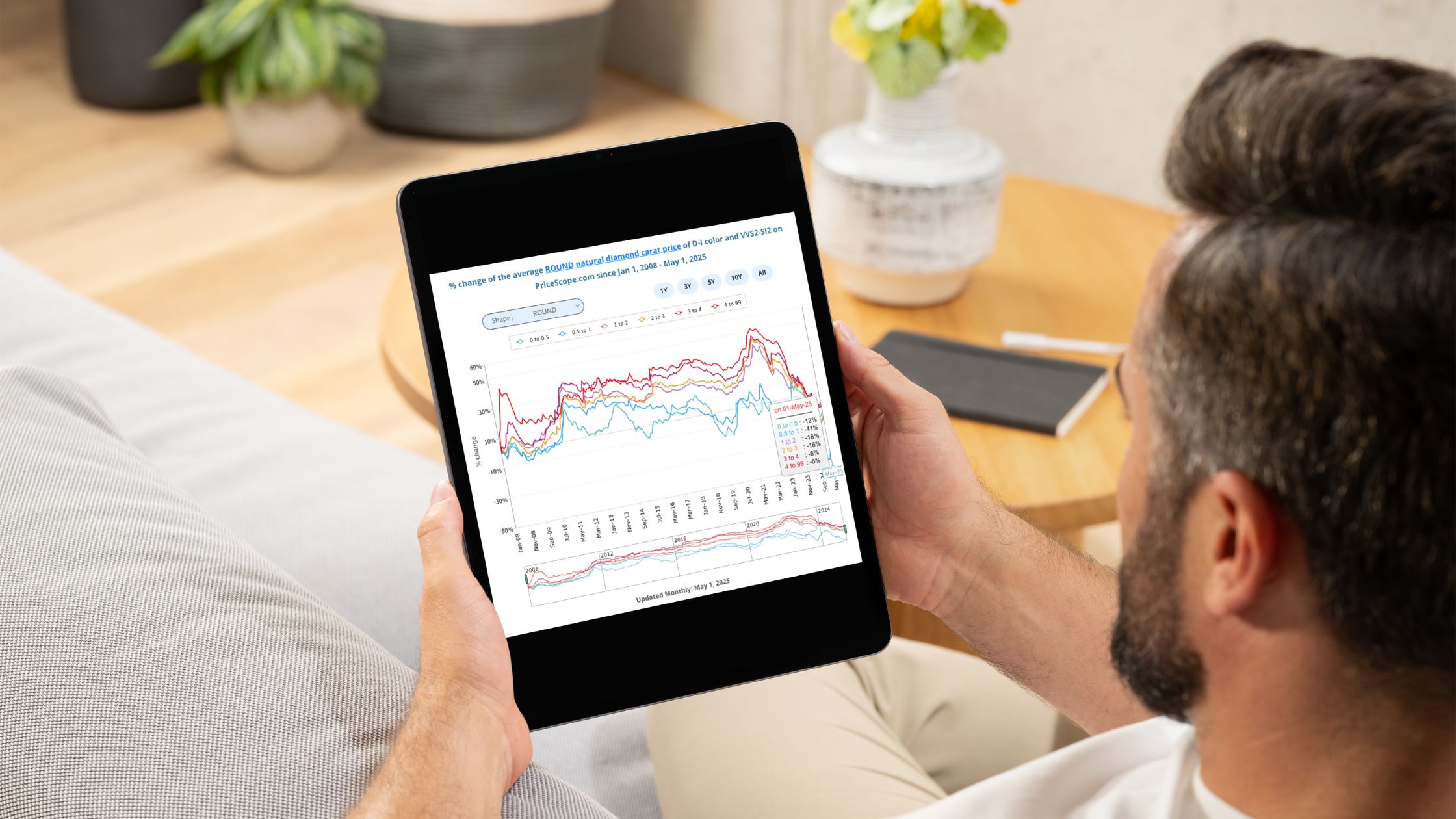davi_el_mejor
Brilliant_Rock
- Joined
- Mar 8, 2010
- Messages
- 1,947
I have always wondered about which one to do first, pay off debt or increase savings.
Due to poor financial planning in my younger years, I have accumulated a nice bit of credit card debt.
There are two options in my mind:
I can pay them off in 18 months if I forgo putting money into savings. After there paid off, put what I was paying monthly to the cards into my savings, and in 18 months I would have what I owed in card debt in cold hard cash, earning me interest.
Or, I can cut the payments to the cards in half and have them paid off in 40 months and slowly build a nest egg until the cards are paid off and then put the full amount in savings.
or if you have any other ideas let me know! I'm all for ideas.
The 5 year goal is to buy a house. I have decent credit, but it could be better. Hence, why I want to increase my available credit ratio. That is what really lowers my score.
Due to poor financial planning in my younger years, I have accumulated a nice bit of credit card debt.
There are two options in my mind:
I can pay them off in 18 months if I forgo putting money into savings. After there paid off, put what I was paying monthly to the cards into my savings, and in 18 months I would have what I owed in card debt in cold hard cash, earning me interest.
Or, I can cut the payments to the cards in half and have them paid off in 40 months and slowly build a nest egg until the cards are paid off and then put the full amount in savings.
or if you have any other ideas let me know! I'm all for ideas.
The 5 year goal is to buy a house. I have decent credit, but it could be better. Hence, why I want to increase my available credit ratio. That is what really lowers my score.



300x240.png)